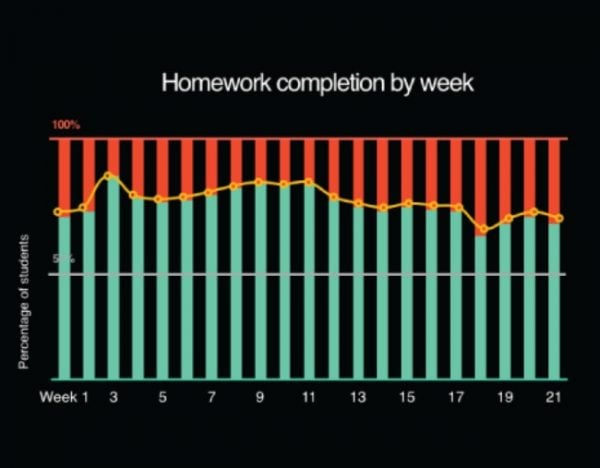Most reports paint a depressing picture of the current state of Australian students’ maths results. The latest Trends in International Mathematics and Science results show Australian students are being outperformed in maths by countries such as Kazakhstan and Slovenia and falling two years behind students in Singapore.
With the jobs of the future increasingly relying on maths and technology skills, this is a big worry and we should be concerned that our kids won’t have the required skills necessary to keep up with global demand.
For the last eight years I’ve been working on ways to make maths more engaging for kids by developing a web app called Mathspace. The app replicates the feedback of a personal tutor.


Top Comments
If the idea of paying children to learn was associated with a not-for-profit organisation or product, I would believe your sincerity when you say it's a concept designed primarily out of concern for their well being.